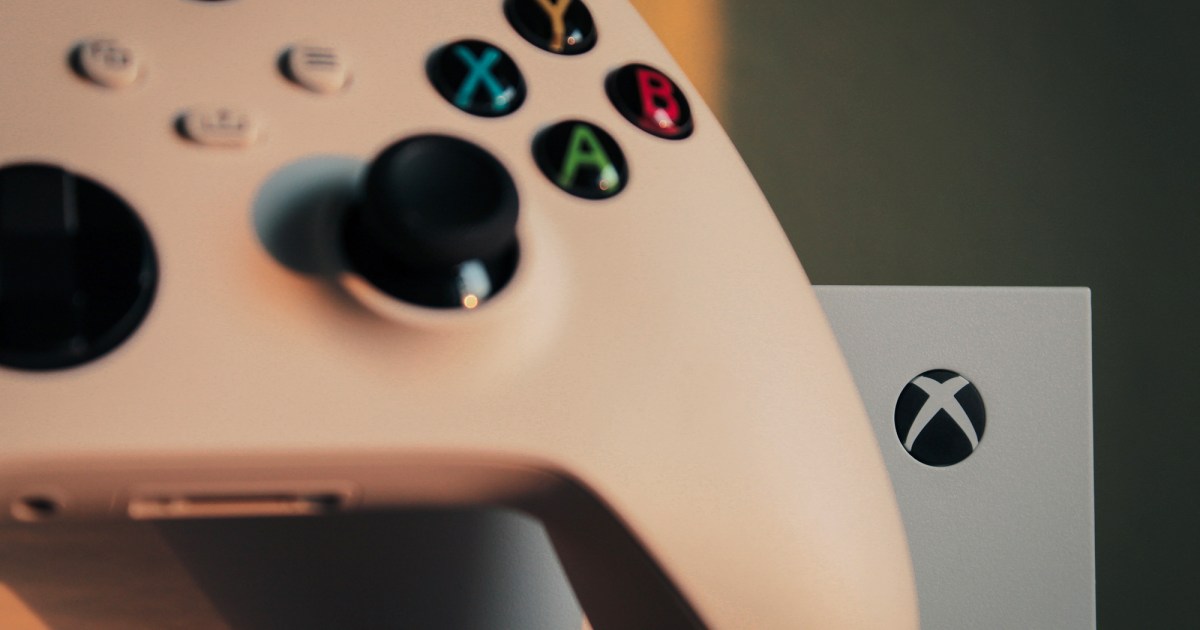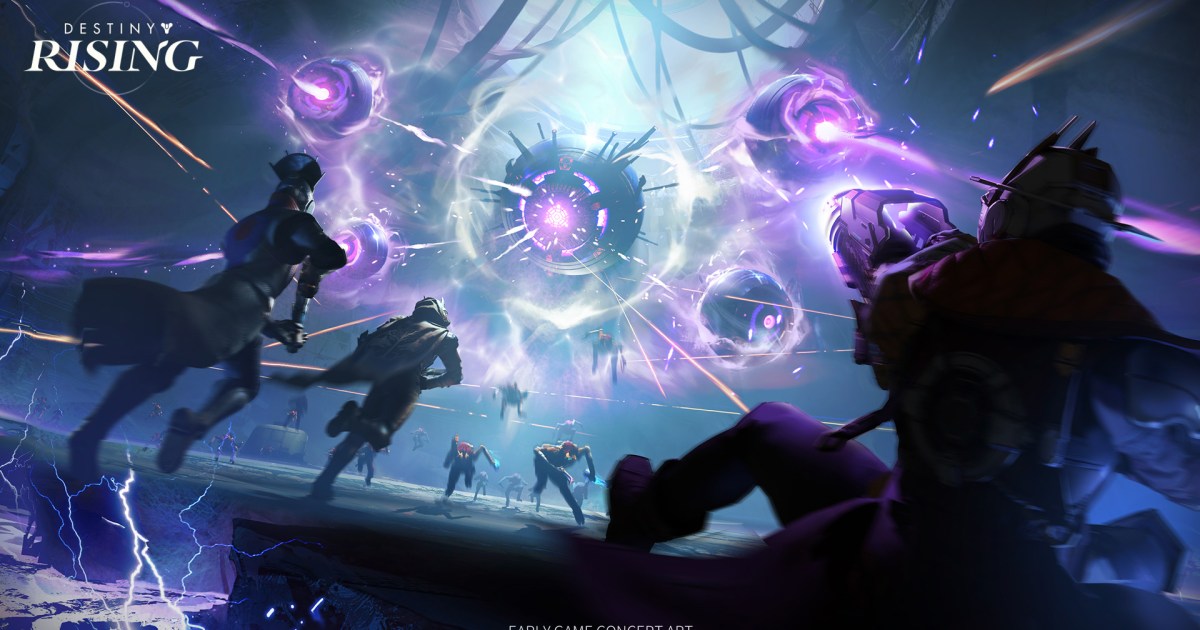A new message appearing in Steam users’ carts is causing a stir. Before finalizing purchases, a notification beneath the “Continue to payment” button reminds users that “A purchase of a digital product grants a license for the product on Steam,” linking to the platform’s subscriber agreement. This clarifies that purchasing a game on Steam doesn’t grant ownership, but rather a license to use the software.
 The Steam Deck OLED on a pink background.
The Steam Deck OLED on a pink background.
This change is driven by California’s new law, AB 2426, signed by Governor Gavin Newsom on September 24, 2024. The law mandates that companies clearly inform consumers they don’t own digital goods like movies, ebooks, and video games after purchase, to avoid penalties for false advertising. It specifies that offering a “license” requires easy access to the license’s terms and conditions.
What Does a “License” Mean for Gamers?
A license grants usage rights, subject to revocation by the seller. This applies if the seller no longer holds the license for the product. The law doesn’t cover games accessible offline even after removal from the platform.
The Catalyst for Change
Assemblymember Jacqui Irwin, author of the bill, emphasized the increasing need for consumer protection regarding digital media purchases in a press release. The bill addresses incidents where users lost access to digital content after its removal from platforms. The press release specifically cites game delistings like Ubisoft’s removal of The Crew, which became unplayable due to server shutdown. Following backlash, Ubisoft explored offline modes for future The Crew titles.
Irwin explained to Game File that while Sony’s removal of Discovery shows from the PlayStation Store initially prompted the bill, Ubisoft’s handling of The Crew underscored the issue’s prevalence.
Valve’s Proactive Response
Although the law takes effect in 2025, Valve is proactively complying. While Steam’s purchasing process remains unchanged, the new message reinforces the temporary nature of digital game “ownership.”
This update follows another recent change to Steam’s subscriber agreement, allowing users to opt out of forced arbitration when suing the company.
Conclusion: The Future of Digital Ownership
The California law and Valve’s response highlight the evolving landscape of digital ownership. While purchasing on Steam remains functionally the same, the explicit clarification of licensing versus ownership is a significant shift in transparency. This move sets a precedent for other platforms and raises questions about the long-term future of digital game access.











